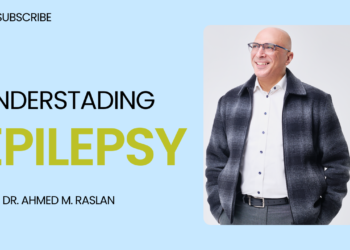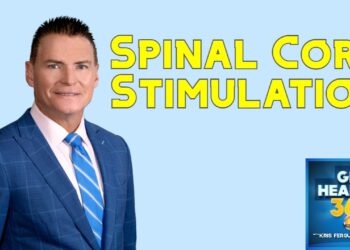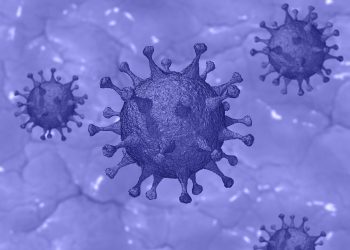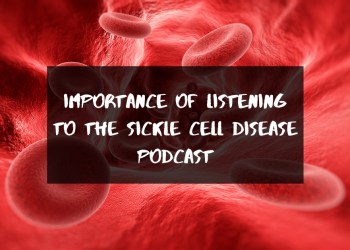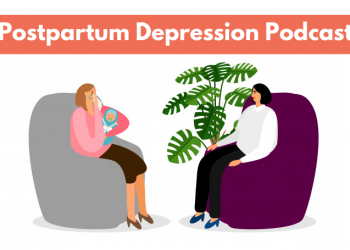St. John’s Wort, depression, and the risk of Serotonin Syndrome.

St. John’s Wort is often taken for depression. Caution should be exercised when using this supplement due to the inconsistent dosing of active ingredients. St. John’s Wort can also interact with other anti-depression medication causing something called serotonin syndrome. This is a condition where the muscles get very tense and if untreated can be life threatening.
If you are taking S. John’s Wort, please tell your doctor.
The Research
J Pharm Pharmacol. 2017 Jun 27. doi: 10.1111/jphp.12775. [Epub ahead of print]
St John’s wort for depression: scoping review about perceptions and use by general practitioners in clinical practice.
Forsdike K1, Pirotta M1.
Abstract
BACKGROUND:
Extracts of Hypericum perforatum, more commonly known as St John’s wort (SJW), have good evidence for treating depression. The herb is easily accessible and widely used by consumers, although it has potential for interaction with other medicines. Consumers’ use of SJW is often not discussed with their general practitioners (GPs). It is unclear how GPs perceive use of SJW in practice and the implications for consumers and pharmacists.
OBJECTIVE:
Explore GPs’ perception of SJW use in practice.
METHODS:
Scoping review.
KEY FINDINGS:
Few studies explore GPs’ perceptions of SJW for depression, but they appear to recommend it infrequently, except in Germany. Reasons for limited use in practice include lack of knowledge, particularly regarding which preparations and dosages have trial evidence, and lack of standardization of active ingredients. Guidelines either do not mention SJW or advise against its use.
CONCLUSIONS:
Consumers drive SJW use but often do not disclose to their GPs, which is concerning due to issues about safety. Pharmacists could play an important role here. Improved education about SJW is required for both GPs and consumers, including the need for communication between them and their pharmacists. Lack of adoption of evidence-based therapy for depression should be explored further.
© 2017 Royal Pharmaceutical Society.

